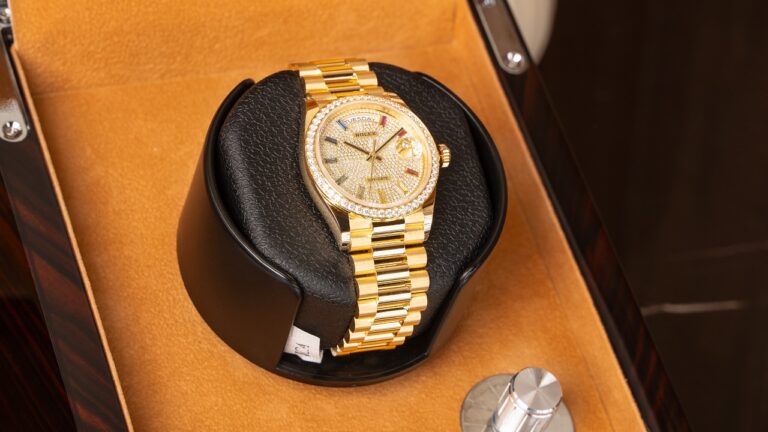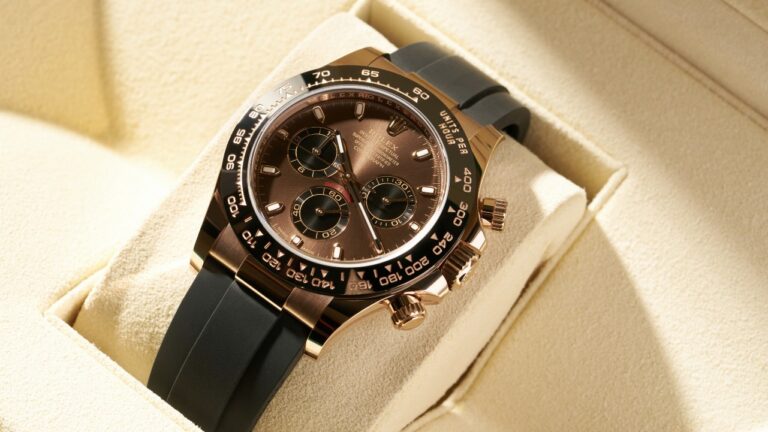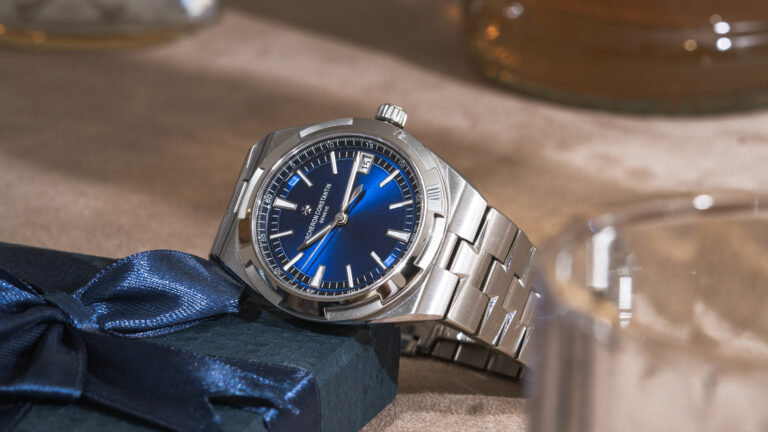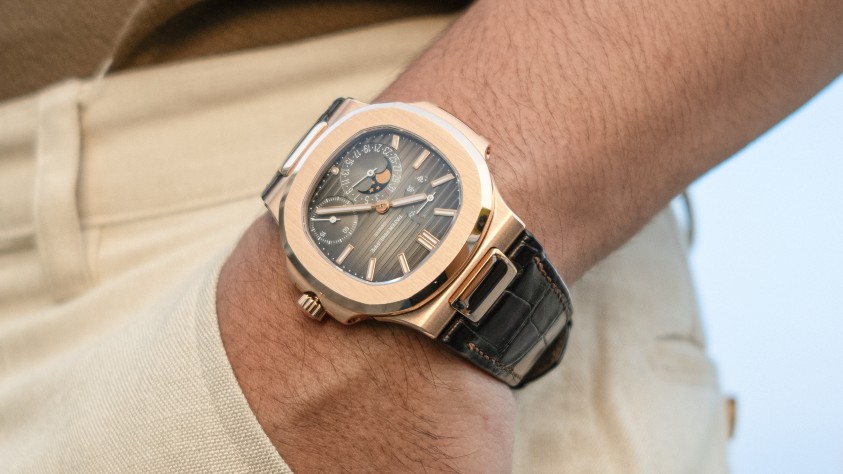Did you know that every luxury watch undergoes a certification process to ensure its quality? A luxury watch earns its prestige not just from its brand’s reputation, but also through its rigorous certification process.
There are various types of watch certifications and some are particularly renowned and popular. Let’s delve into the world of watch certifications and explore why they are so important!
Table of Contents
ToggleA Guide to Understand Watch Certification
From COSC to Geneva Seal, there are many types of watch standards and certifications. Whether you’re a seasoned collector or a budding enthusiast, understanding the significance of watch certifications is crucial. Learn more about this in the video below.
What Aspects Are Checked During Certification?
The specific checks vary for each certification. Throughout the process, several aspects of the watch are carefully examined to ensure quality, precision, and reliability. Some of these aspects include:
1. Precision
Precision is important in watchmaking, especially for luxury timepieces. During certification, a watch must undergo stringent accuracy tests, often in various positions and temperatures.
These tests simulate real-world conditions to ensure the watch can maintain accurate timekeeping no matter how it is worn.
The most renowned precision tests are conducted by institutions like Contrôle Officiel Suisse des Chronomètres (COSC) in Switzerland, which grants the prestigious chronometer certification to watches that meet their rigorous standards.
2. Power reserve
The power reserve of a watch refers to the duration it can run autonomously without needing to be wound. During certification, the watch is fully wound, and its ability to continue running is measured.
High-quality watches typically boast a longer power reserve, sometimes exceeding 70 hours. This ensures the watch remains functional and accurate even if it is not worn for several days.

3. Water resistance
Water resistance is a critical feature for many watches, especially those designed for diving or aquatic activities. Certification tests involve submerging the watch at various depths to ensure it remains sealed and operates correctly under pressure.
This includes checking the integrity of gaskets, seals, and the overall construction. For diver watches, additional tests may include exposure to saltwater and thermal shocks to guarantee the watch’s reliability in challenging underwater environments.
Read more: Luxury Watch Water Resistance Explained: Is It Better than Waterproof?
4. Durability
Durability testing ensures a watch can withstand the rigors of daily wear and extreme conditions. This involves accelerated aging tests, where the watch is subjected to high levels of stress, including temperature fluctuations, humidity, and UV exposure.
Shock resistance is also evaluated by subjecting the watch to sudden impacts to mimic drops or knocks. These tests verify the watch’s resilience and the robustness of its movement and casing, ensuring it remains functional and aesthetically intact over time.
5. Self-winding mechanism
For automatic watches, the efficiency and reliability of the self-winding mechanism are crucial. During certification, the watch’s movement is evaluated to ensure it can effectively wind itself through the motion of the wearer’s wrist. This involves testing the rotor’s ability to rotate freely and transfer energy to the mainspring.
The smooth operation of the self-winding mechanism is essential for maintaining the watch’s power reserve and ensuring consistent timekeeping without manual winding.
Read more: Understanding Manual Winding: A Guide for Watch Enthusiasts
Different Types of Watch Certification
Certification checks vary with each type of certification, and several aspects are meticulously examined to ensure quality, precision, and reliability.
Some watch brands conduct their own certifications, while others seek external certification for greater credibility. Here are some types of watch certification in the luxury watch industry.
1. COSC
One notable external certification body is COSC. Established in 1973 by the Federation of the Swiss Watch Industry, COSC conducts a rigorous certification process that tests the movement before it is encased.
This movement is tested over 16 days in 5 different positions and at 3 different temperatures, maintaining accuracy within a tolerance of -4 seconds to +6 seconds per day.

2. Geneva Seal
Another prestigious certification is the Geneva Seal, established in 1886. The Geneva Seal standards encompass the entire decoration and mechanics of the watch, including its functional aspects, making it one of the most comprehensive certifications available.
One of its tests requires that after seven days, the watch must not deviate more than one minute from the original time. For chronograph watches, the chronograph mechanism must run continuously for the first 24 hours.
Additionally, every watch that receives the Geneva Seal is tested by watchmakers and is audited unexpectedly by TIMELAB at least 12 times a year to ensure consistent standards.

3. Chronometric+ Observatory
The Chronometric+ Observatory, managed by TIMELAB, tests each watch that has already received COSC certification. Chronometric+ sets higher standards by also testing for water and magnetic resistance, power reserve, and accuracy when the watch is worn on the wrist.
Like the Geneva Seal, Chronometric+ testing is conducted internally within the watch manufacturer’s facilities and is periodically audited by TIMELAB inspectors to ensure quality standards are consistently maintained.
4. FQF
Lastly, the FQF (Fondation Qualité Fleurier), an independent organization established in 2001, is known for its comprehensive testing that combines COSC, Chronofiable, and Fleuritest.
Chronofiable simulates six months of wear and tear over 21 days, including 20,000 shocks and strap or bracelet removal, aiming to identify any production defects.
Fleuritest simulates 24 hours of wrist wear using a Fleuritest machine, replicating daily activities from office work to sports. During Fleuritest, the watch must not deviate more than five seconds from the set time.
So, that covers what you should understand about watch certification. When purchasing a luxury watch, ensuring its guaranteed quality involves checking for certification.
You can find a variety of certified luxury watches at Luxehouze. Luxehouze offers a diverse collection from renowned brands like Rolex, Patek Philippe, Richard Mille, and more.
All items are guaranteed to be 100% authentic and offered at competitive prices. Explore our collection today and find your dream watch!













